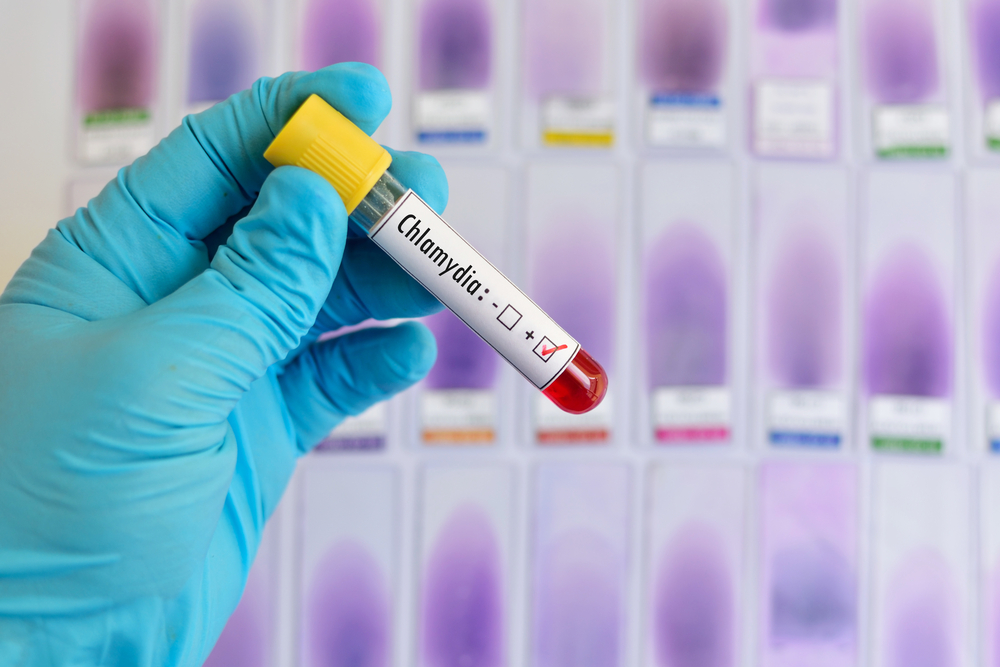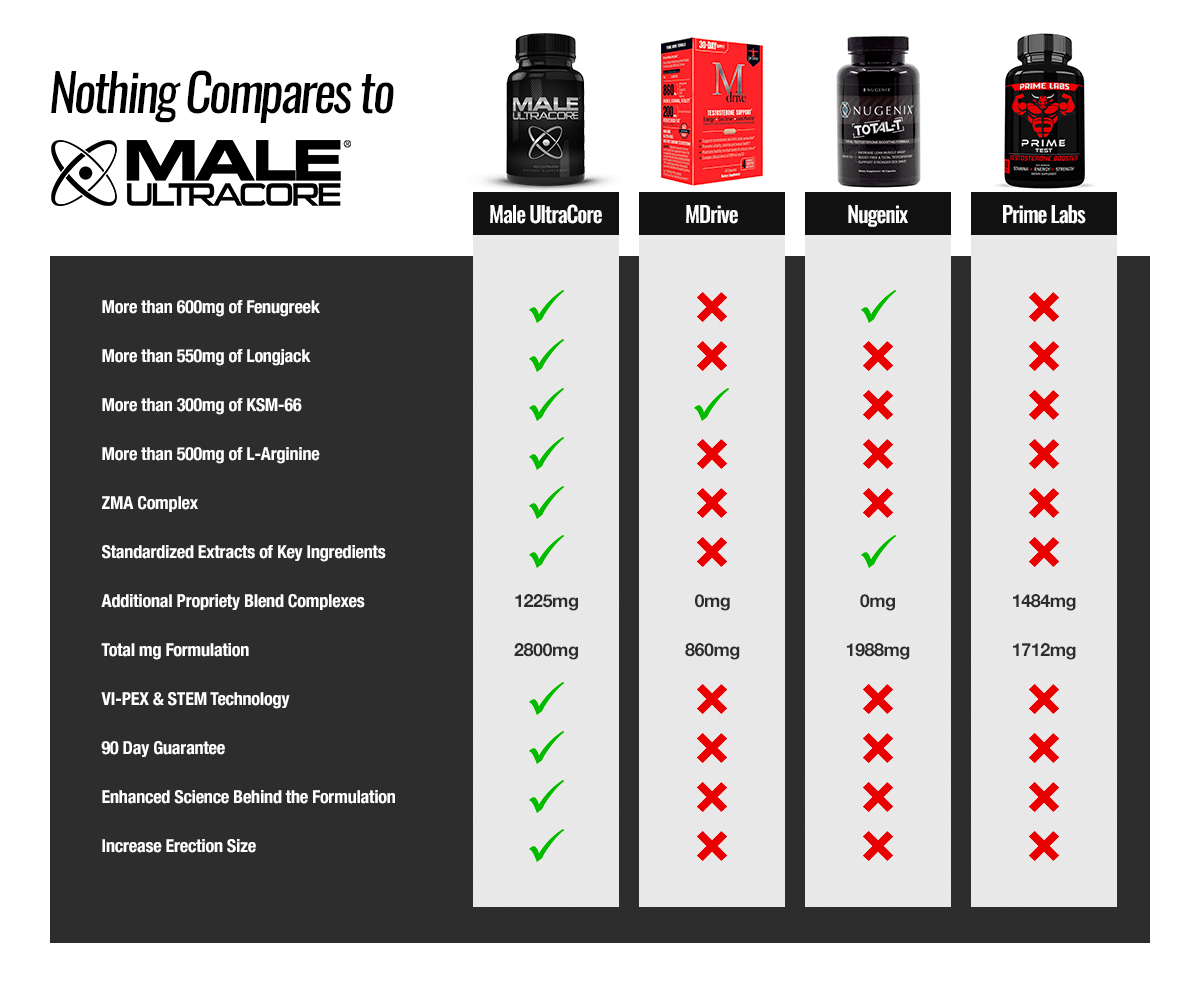Every year, millions of new cases of sexually transmitted infections are reported to the Centers for Disease Control and Prevention. What’s worrisome is that despite many STD awareness campaigns, the reported rates of STD cases are increasing.
Gonorrhea, which is highly common among men, increased by more than 75% since 2009. In 2017 alone, the CDC received almost two million reported cases of Chlamydia trachomatis. So, how do you ask your new partner if they have a history of sexually transmitted diseases?
Why You Need to Ask
When you’re young and sexually active, life can be such a great party, with everything being fun and exciting. But that bubble can burst the moment you cringe in excruciating agony while urinating. Or when you start seeing weird, ugly warts growing on your penis.
That’s just some of the symptoms associated with certain sexually transmitted infections. There are other symptoms, and some can lead to very bad complications. You may not believe it, but when you acquire an STD and you don’t get it treated right away, you can actually end up being infertile later on.
You can even lose your ability to get a hard-on. Imagine not being in your 40s yet and you can no longer get it up. If you’re not worried about anything else, you should at least take care to keep yourself sexually healthy so that you can continue enjoying sex for a very long time.
And that’s just one of the reasons why, any time you have sex with a new partner, you should always ask if they have an STD or if they have been infected in the past.
Common STD Symptoms
The best time to ask your sex partner regarding any possible history of STDs is before you actually start engaging in sexual activities with them. But if you’ve already had unprotected sex with your partner and you suspect that you may have acquired a sexually transmitted infection, here are common symptoms that can help you identify an infection.
Chlamydia

Caused by the bacteria Chlamydia trachomatis, symptoms of a chlamydia infection usually show around one to three weeks after exposure to the pathogen. These symptoms include testicular pain, penile discharge, and painful urination.
If the bacteria have infected your rectum, you may also experience rectal discharge and bleeding. There are instances, however, when a chlamydia infection doesn’t lead to any observable symptoms.
Gonorrhea
Once you’re exposed to the bacteria Neisseria gonorrhoeae, you can easily get infected and even spread the bacteria yourself to other parts of your body. Just like chlamydia, gonorrhea can also cause a burning sensation when urinating and testicular pain.
You may also experience discharge from your penis that’s yellow, white, or green in color. Gonorrhea can actually infect your eyes and your throat, as well as your rectum. If you acquired the bacteria through oral sex, you may also experience a burning sensation in your throat.
Human Papillomavirus (HPV)
Most commonly referred to as genital warts, HPV affects tens of millions of Americans every year. What’s dangerous about HPV is that there are certain strains that can cause cancer in the throat, anus, or penis.
HPV is easily recognizable because of cauliflower-shaped warts that grow in the genitals, mouth, or throat. These warts are typically flat and flesh-colored. They may also grow in clusters.
Herpes Simplex Virus (HSV)
Infection with HSV type 1 affects the mouth, while HSV type affects the genitals. If you notice blisters on your testicles, penis, anus, groin area, or even on your lips, gums, or tongue, you could be infected with herpes.
The blisters growing around your mouth area may look like cold sores. Other symptoms include aching lower back muscles, tingling or itching around the areas where the blisters are growing, fever, and loss of appetite.
Asking Your Partner About STDs
Talking to your partner about possible sexually transmitted infections is something that needs to be done, particularly because it can affect not only your sexual health but also your relationship in general.

If you’re not confident enough to just blurt out the question and ask your partner outright if she has a sexually transmitted disease or if she previously suffered from an STI, here are some helpful tips for you.
The first thing you want to think about would be the reasons why you feel it’s important for you to have this conversation with your partner. Mentally organize what you want to say, as well as prepare for the things that your partner may say. You can also try practicing what you’re going to say to your partner.
For instance, you can start off with how you enjoy having sex with your partner and how you value both your sexual health. If you think that you’re showing some STD symptoms, you can be honest and tell your partner that you’re seeing a weird rash or blisters or warts in your genital area or that you’ve been feeling pain while urinating.
It’s best to be straightforward and say you think you may have gotten infected with an STD. You can then ask your partner if it’s possible that she may have a sexually transmitted infection that she may not be aware of.
Remember, there are certain STDs that don’t really show any symptoms at all. In addition, many symptoms start to show several weeks after exposure to the bacteria or virus that caused the infection. So it’s entirely possible that your partner doesn’t know that she has an STD.
This kind of conversation can be very embarrassing and awkward for both of you. It would be a good idea for you to arrange it so that you can have this talk in private. Discuss how you both feel about this conversation. This is a good time to be very open with each other.
And lastly, don’t forget to talk about your options for getting tested. There are many clinics and hospitals that respect people’s privacy when it comes to STD testing. You can opt for at-home STD testing or you can visit your healthcare provider in person. Of course, what’s important is that you both need to be treated as soon as possible if you do have an STD.
Increase Your Testosterone Levels with Testosterone Boosters
Male UltraCore is a premium testosterone boosting supplement that is designed to maximize test levels, increase your performance and drive, and give you harder and fuller erections. 





